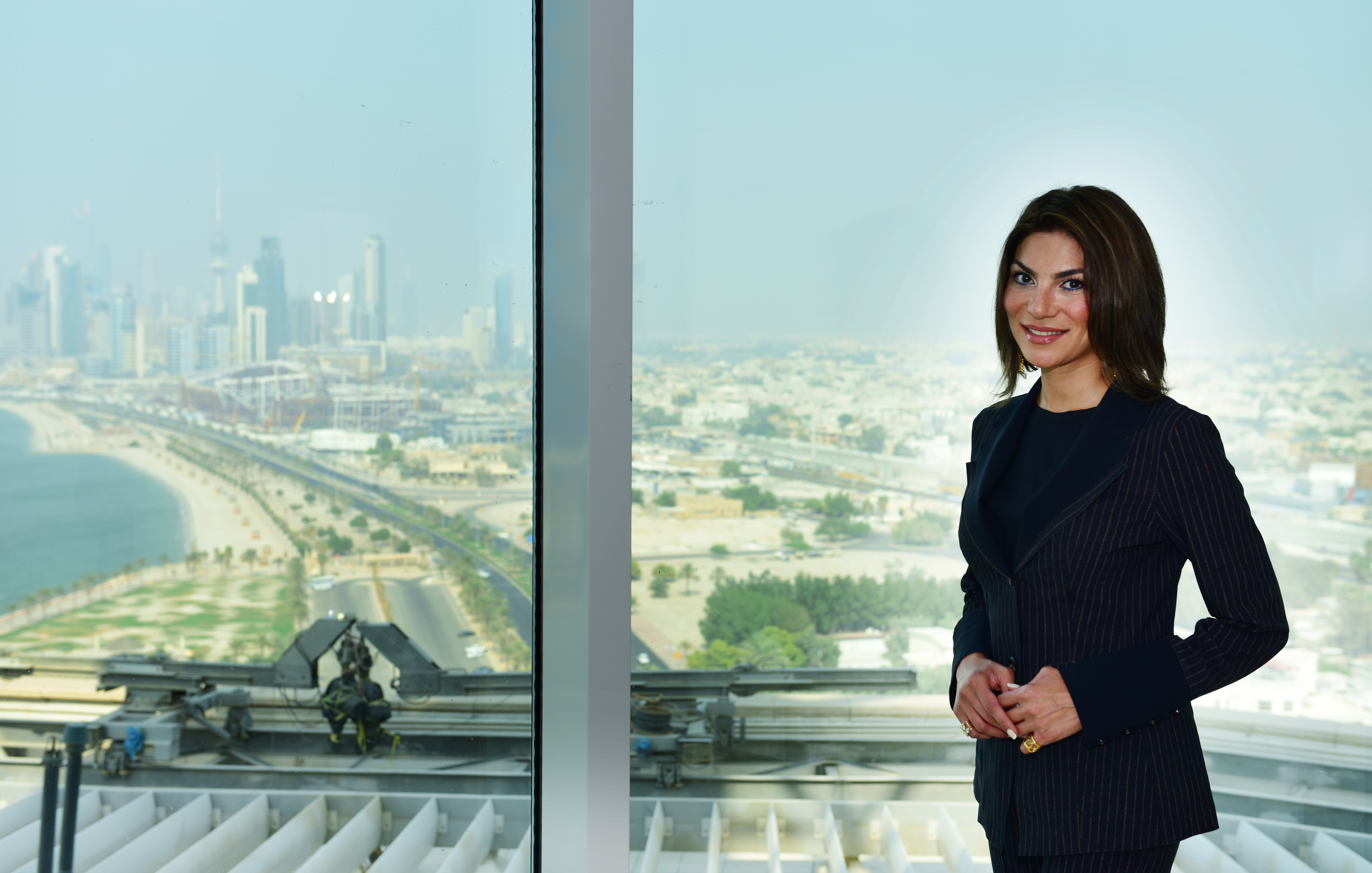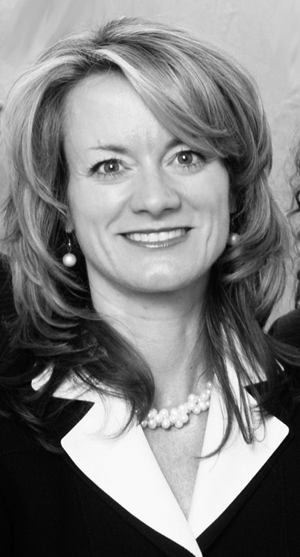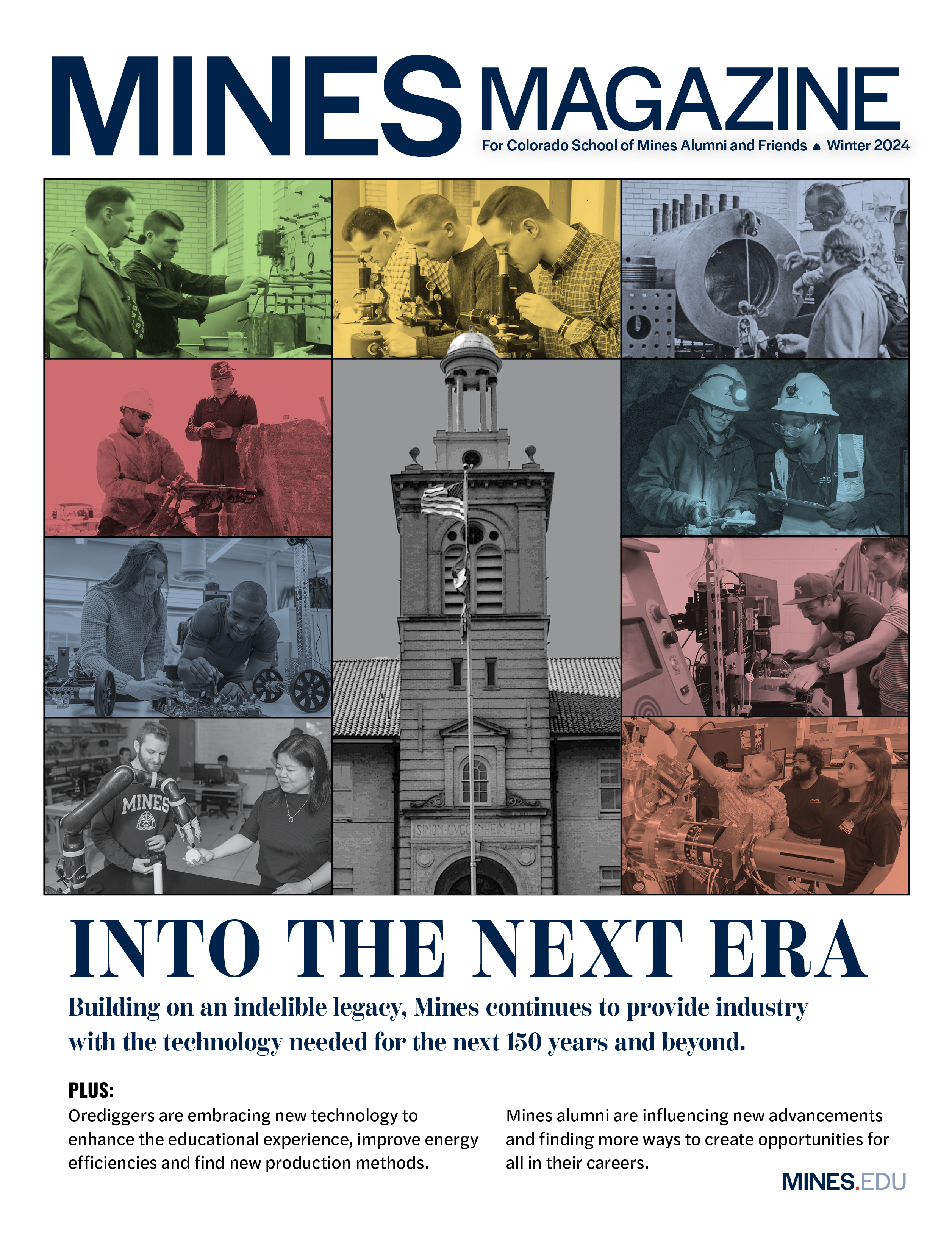Dreaming Big to Prevent Disaster

As the Persian Gulf War drew to a close in February 1991, Kuwait experienced one of the country’s worst environmental and economic disasters as Iraqi forces set fire to more than 600 Kuwaiti oil wells, which burned for more than eight months. Crude oil spewed across the desert and into the Persian Gulf, a mark of the devastating environmental consequences of war.
The drama and tragedy of such an event certainly leaves an impression, especially on a ten-year-old. Shayma Amin ’00 was living outside of Kuwait during the Persian Gulf War, but when she was finally allowed to return to her hometown after the country’s liberation, she recalls looking down at the destruction from the airplane window. “From above, we thought it was a lake, but it turned out to be oil spilled all over my country—flaming fires and barely any sunshine for months on end,” she said. “I remember sitting next to my mom and telling her, ‘I am going to one day get into the oil field. I am going to help my country.’”
Nearly a decade later, Amin was on her way to fulfilling that promise. With a high GPA, she was able to go to college in the United States on a full-ride scholarship. She researched the top universities with petroleum engineering programs, and Mines was high on the list. Combining that with the fact that Amin’s then-husband would be pursuing an MBA at the University of Denver made Mines the ideal place for her to pursue her dream of becoming a petroleum engineer.
She completed her coursework in three and a half years, taking 23 credits each semester, despite being told that it was impossible. She even took extra classes during the summer at University of Colorado and DU in order to graduate on schedule. “I am a very stubborn human being,” she said. “So you tell me I can’t, and it just gives me more ammunition and more of a challenge.”
After graduating, Amin worked for Schlumberger Geoquest for about a year, but it wasn’t the career path she really had in mind. “I wanted to work for an exploration and production company. I wanted to work with companies that had the deals, had the assets, and I wanted more international exposure,” she said. She found a job with Kuwait Foreign Petroleum Exploration Company and has worked there ever since, now serving as a senior international business analyst. “For me, it was a learning curve to work in an international company,” Amin said. “You learn a lot more when it’s a diversified field around the world.” She works with the business development side of the company to increase Kuwait’s oil production and reserves on an international level so that should a disaster ever hit Kuwait’s oil reserves again, it won’t be as economically devastating for the country.
Amin’s work at KUPFEC earned her recognition from Kuwait’s oil minister who nominated her to represent the company at the Organization of the Petroleum Exporting Countries’ headquarters in Vienna in 2013. She held a post in OPEC for two years as a Kuwaiti diplomat, working as a petroleum industry analyst in the Energy Studies department. “It was amazing being able to present to oil ministers, to actually to get to do your own thing and be a part of the whole publication that OPEC does,” she said. “It was probably the most rewarding experience of my career.”
Despite her success, there is still a lot of work she would like to do. Amin would eventually like to move back to Vienna to work for the OPEC Fund for International Development and perhaps even build her own company one day. “I like out-of-the-box thinking and having that flexibility,” she said. “It is far-fetched, but what is the point in dreaming small?”



